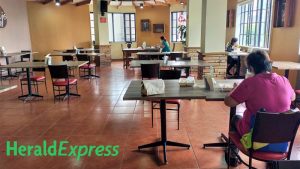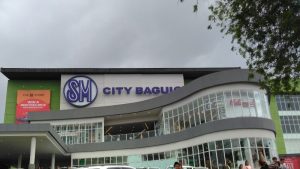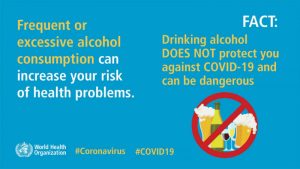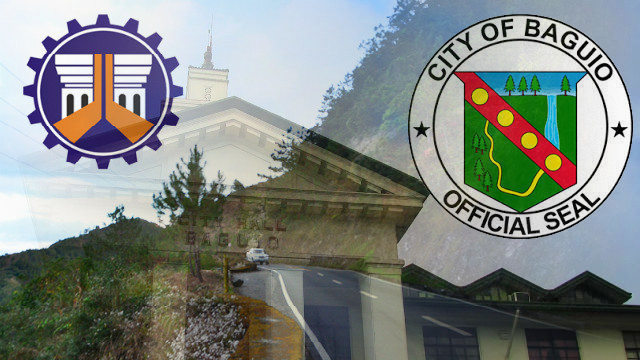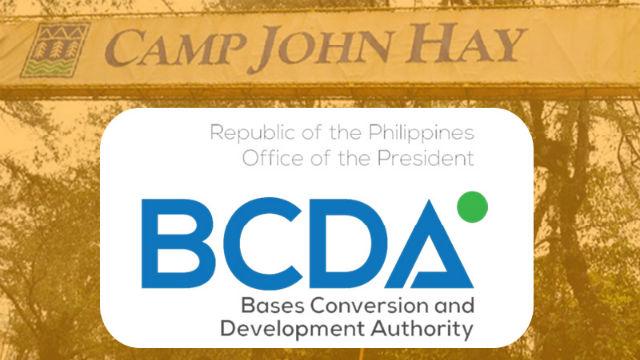BAGUIO CITY – The City Council, during last Monday’s regular session, requested the Cordillera office of the Land Transportation Franchising Regulatory Board (LTFRB-CAR) and the Baguio City Traffic and Transportation Management Council (BCTTMC) to mediate the prevailing rate of boundary system of compensation as a practice in the public transportation business in the city.
In a resolution, the LTFRB-CAR and the BCTTMC are the appropriate government bodies that can effectively mediate the prevailing boundary systems compensation to reportedly reduce at levels mutually acceptable to both the transport drivers and operators because of the limited income following the implementation of physical distancing in public utility vehicles (PUVs).
Last May 18, 2020, public transportation in the city resumed on a limited basis to serve the transportation requirements of people who are allowed to work and attend to their essential needs subject to the limited number of vehicles and vehicle occupancy.
Earlier, the national inter-agency task force for the management of emerging and re-emerging infectious diseases urged local governments to enact appropriate legislative measures to enforce policies or undertake measures that can be done to incentivize public transportation, drivers of public utility jeepneys (PUJs) and taxi services as they exert efforts to earn a living while serving the commuting public.
However, the council pointed out that public transportation drivers are now experiencing hard economic times due to the reported reduced daily income because of the vehicle occupancy limitations put in place during the community quarantine amidst the Corona virus Disease (COVID) 2019 global pandemic.
According to the local legislative body, despite the local government’s P300 daily subsidy for transport drivers that operate during the community quarantine as financial amelioration during the prevailing difficult times, public transport drivers find their daily earnings allegedly insufficient to meet their family needs while the governing boundary system of compensation between them and their operators is pegged at rates prior to the community quarantine , thus, the daily economic difficulties has become a daily burden to them.
Last March 17, 2020, President Rodrigo Duterte declared the ECQ implementation in Luzon as a stop-gap measure to prevent the rapid spread of COVID-19 while government was working on the strengthening of the aggressive testing and the putting in place of sufficient quarantine facilities.
LTFRB-Car Memorandum Circular No. 2020-017 allowed the limited operation of public mass transportation during the implementation of the general community quarantine (GCQ) and modified GCQ but on a limited basis and that the approved minimum fare shall be charged to the passengers even with a significantly reduced occupancy because of the policy on physical distancing.
Transport operators and drivers admitted that their current operation with reduced vehicle occupancy is actually a losing venture that warrants the consideration of the LTFRB on the fare that is being charged and the review of the boundary system of compensation between the drivers and operators to ensure that the parties will have a decent income for their daily operations.
By Dexter A. See
You might also like:
